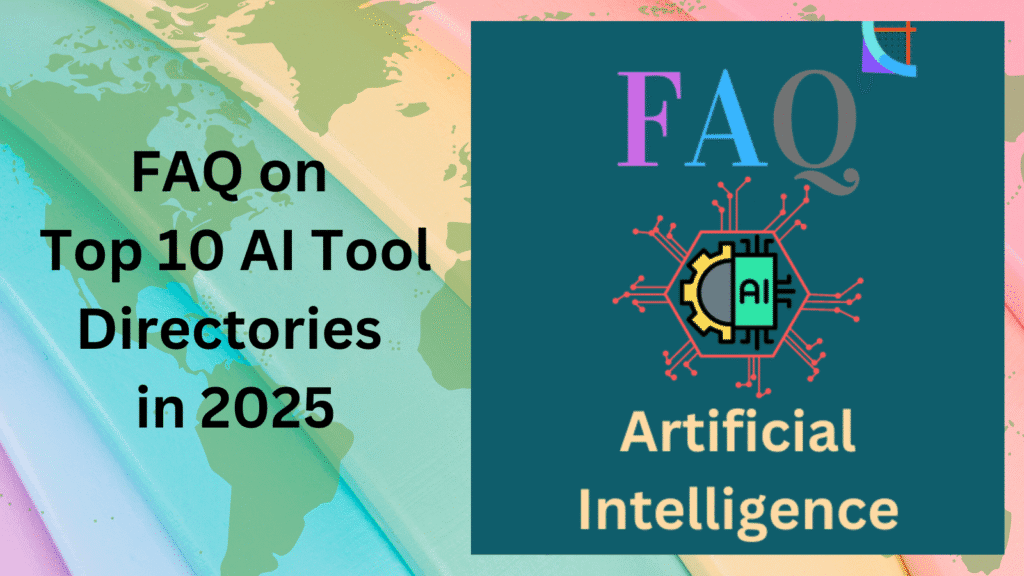
1. Why should I use an AI tool directory instead of just searching on Google?
Answer: While Google is great for general searches, AI tool directories are specifically designed to solve the problem of discovery. They offer curated, categorized lists with advanced filtering options (e.g., by price, feature, or task) that a standard search engine lacks. This saves you time and helps you discover new and niche tools you might not have found otherwise.
2. Are the tools listed in these directories actually free?
Answer: Many tools listed are free, but most directories cover a range of pricing models. You will commonly find tools categorized as:
- Free: Completely free to use.
- Freemium: Offers a basic free plan with the option to upgrade for more features.
- Free Trial: Allows you to test a paid tool for a limited time.
- Paid: Requires a subscription or one-time purchase.
The best directories allow you to filter by these pricing models so you can easily find tools that fit your budget.
3. What’s the main difference between a huge directory like ‘There’s An AI For That’ and a curated one like ‘FutureTools’?
Answer: The main difference is their approach:
- Comprehensive Directories (like There’s An AI For That): Aim to be an encyclopedia, listing almost every AI tool that exists. They are best when you need to find something very specific or want to explore the full breadth of available options.
- Curated Directories (like FutureTools): Act more like an expert guide. They list a smaller number of tools that have been hand-picked and vetted by a person or team. They are best for users who want trusted recommendations and don’t have time to sift through thousands of options.
Read This Post in Detail on The ValuePane Blog
4. Are the AI tools and websites listed in these directories safe to use?
Answer: The directories themselves are generally safe websites for Browse. However, they are aggregators that link to third-party tools. While reputable directories often vet their listings, you should always exercise good judgment. Before using a new tool, especially a browser extension, it’s wise to check recent user reviews, look at its privacy policy, and see if it’s recommended on multiple trusted platforms.
5. I’m a writer/developer/marketer. Is there a directory specifically for me?
Answer: While most of the top directories are general-purpose, their powerful category and filtering systems allow you to create your own specialized list. You can typically filter by categories like “AI Writing,” “AI Coding,” or “Marketing” to see only the tools relevant to your profession. This is often more effective than using a smaller, niche-specific directory.
6. I found a tool that looks promising. What’s the best next step?
Answer: The best next step is to test it out. Take advantage of any “Free Trial” or “Freemium” plan offered. Use it for a real task to see if it fits your workflow and delivers on its promises. Reading a few recent user reviews can also provide valuable insight before you decide to upgrade to a paid plan.
7. The AI space changes so quickly. How can I keep up with the newest tools?
Answer: The most efficient way to stay current is to subscribe to the email newsletters of your top one or two favorite directories (like FutureTools or FuturePedia). They do the work of discovering and vetting new tools for you and deliver a curated list of the most interesting finds directly to your inbox, usually on a daily or weekly basis.